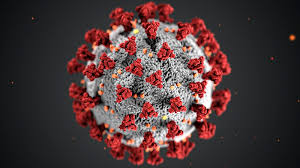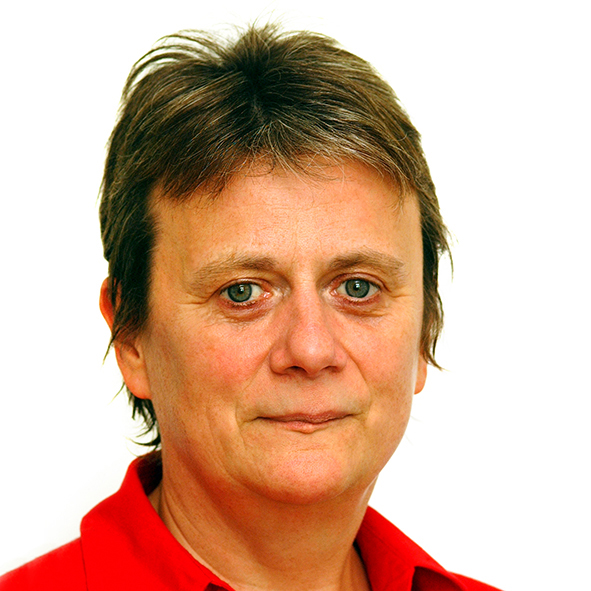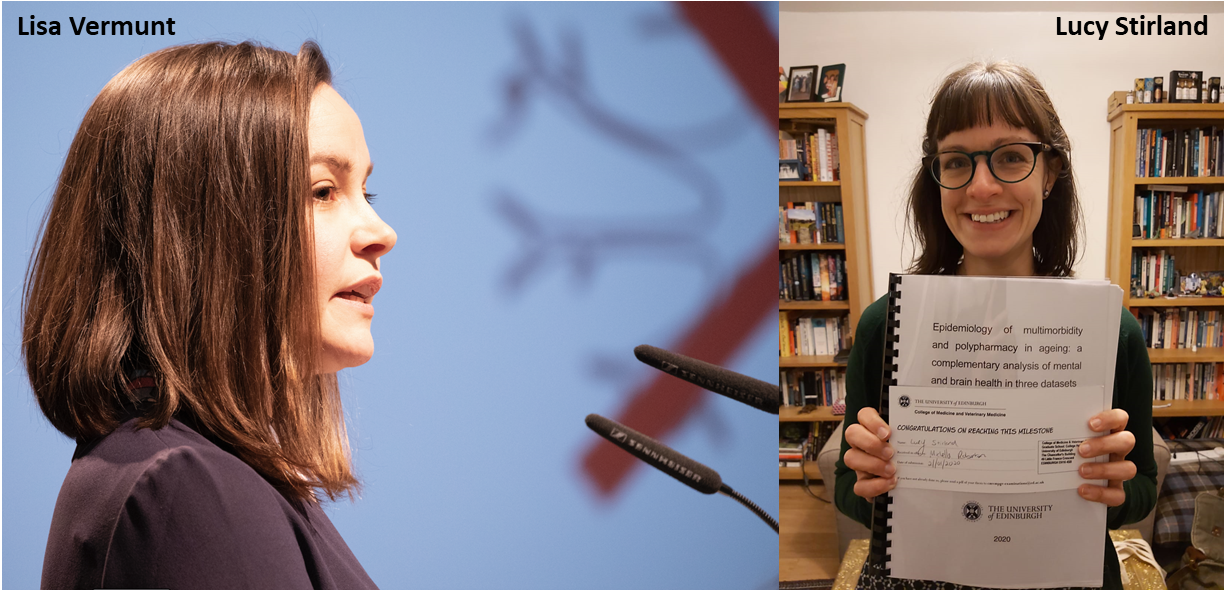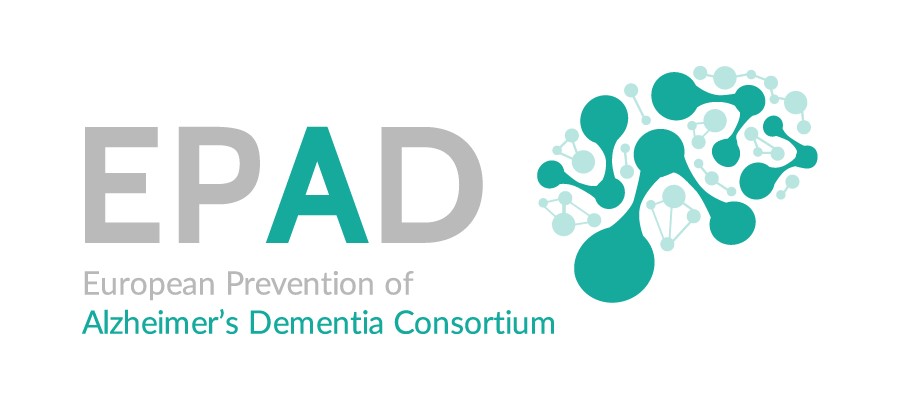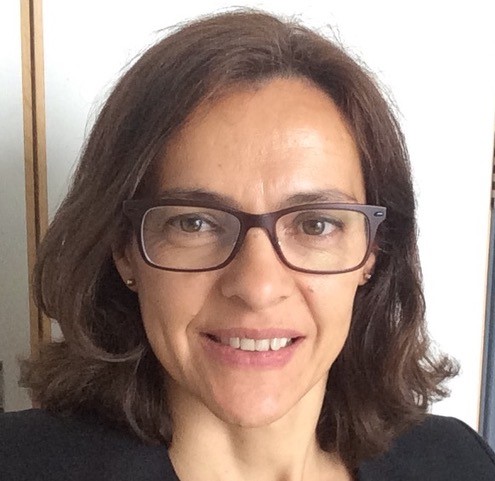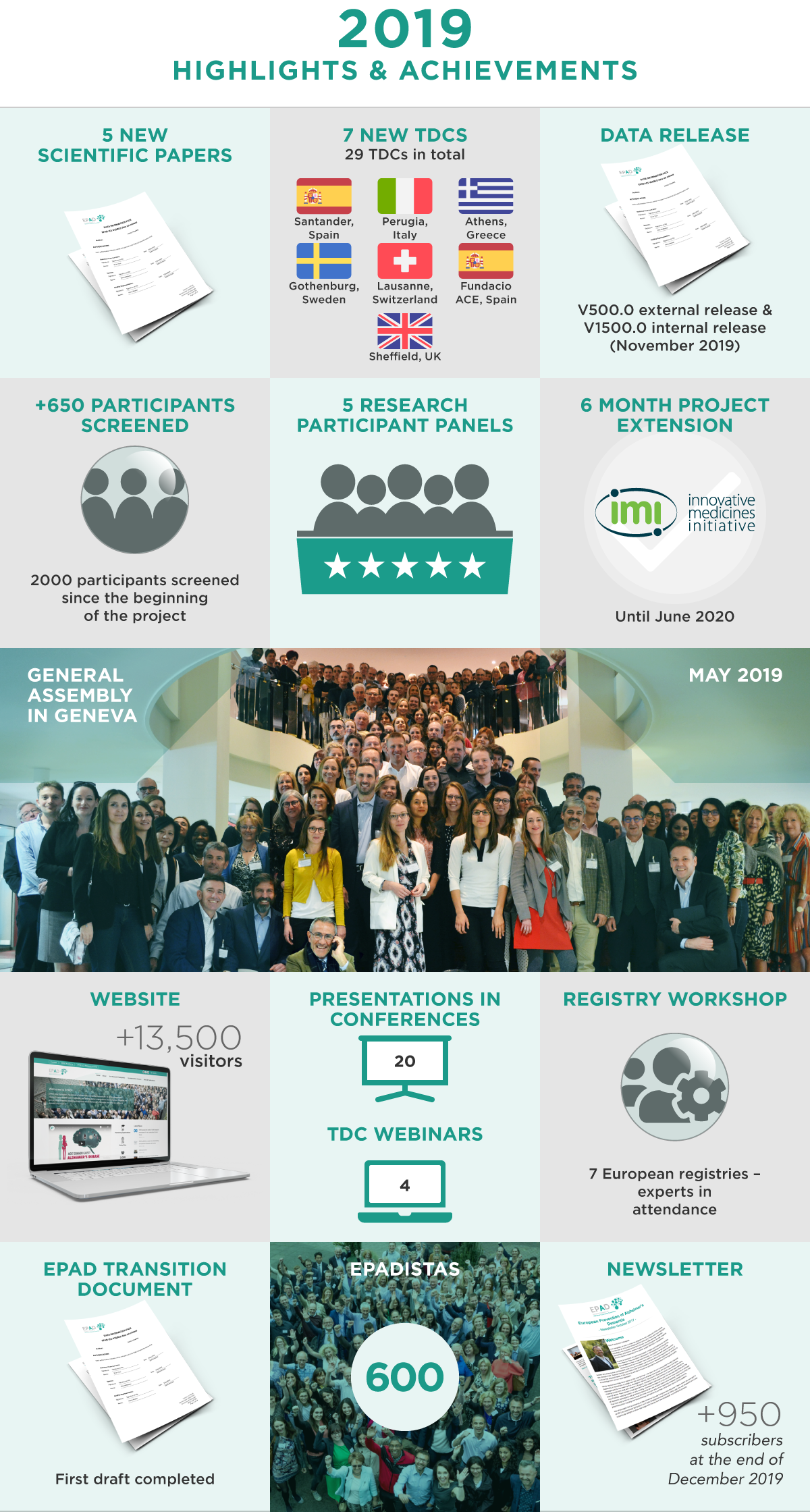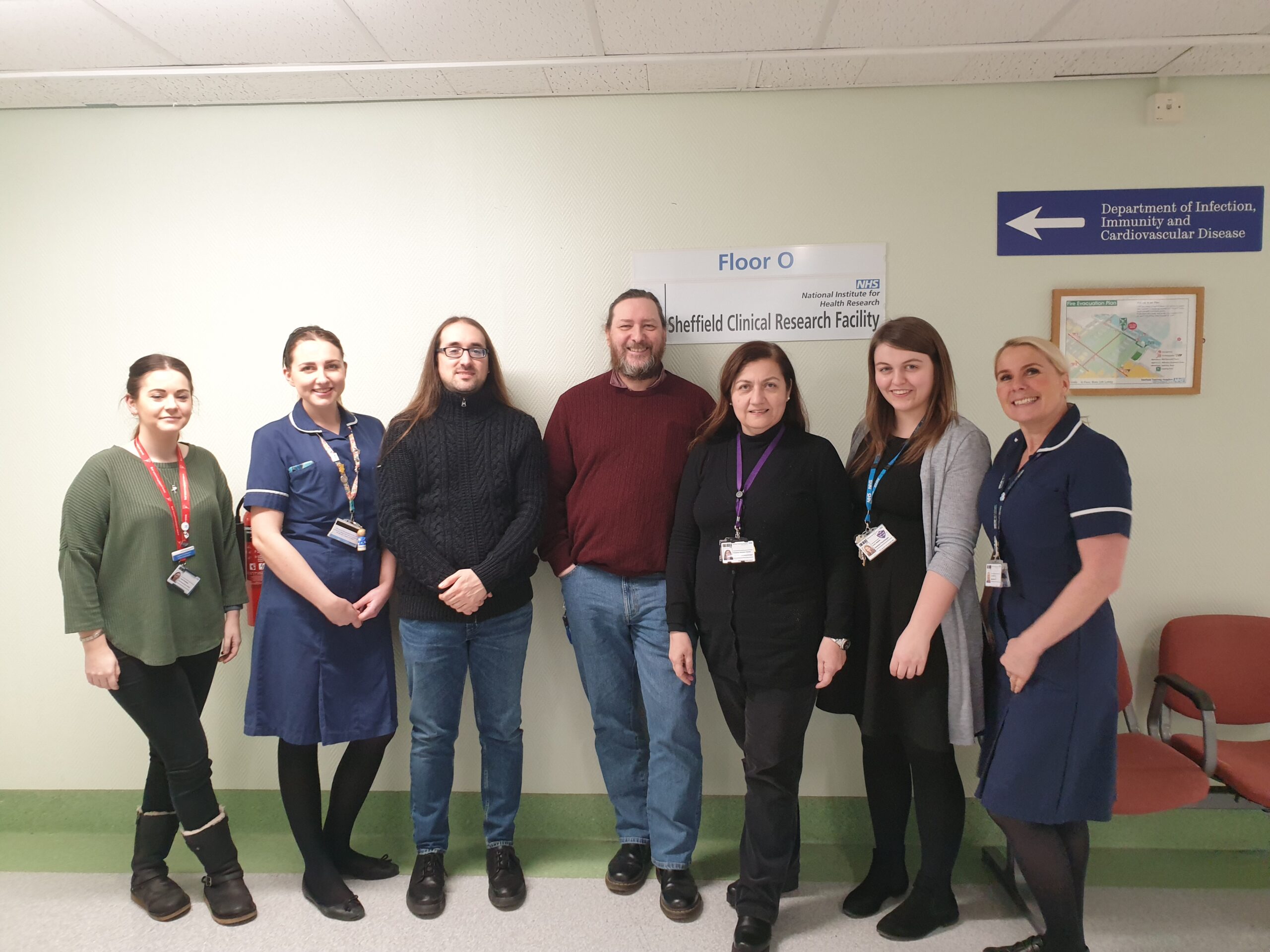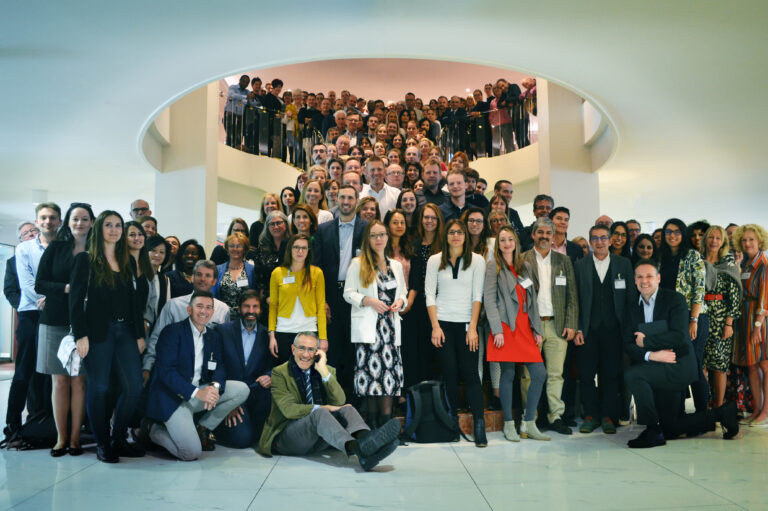Tell us a bit about the institution/company/organisations you work for.
For the last twelve years, I’ve been working at Aridhia (https://aridhia.com), an SME based in Edinburgh and Glasgow specialising in informatics for biomedical research. After working for some years with specialist clinicians in hospitals and clinics with specialised medical data, we found our current focus at the intersection of clinics, universities and the pharmaceutical industry. As the permaculture people say, ‘cultivate the edge’ – it turns out that’s where the interesting things happen. Our Digital Research Environment (DRE) is a service for securely sharing patient and participant data and running state of the art statistics and machine learning in the cloud. Our job is to make it convenient and secure for communities like EPAD and their wider ecosystem.
What is your current role in EPAD?
My background is in mathematics (not statistics!) so far my career has been in the software industry, designing information intensive systems – most recently in the scientific domain. As part of Work Package 4 from the start, my role was driving to design the ‘information architecture’. At the time we knew that a project like EPAD LCS would need both the regulatory database (GCP) and an as-yet-undefined analytical database (GXP for Analytics? that could evolve as the scientific and operational needs were better understood. As well as defining processes for bringing data in and making it useful for multiple purposes, we adapted a data model I had developed integrating hospital data.
More recently, I have been involved in what comes after the IMI EPAD, from various angles, business and informatics. I am excited at the possibility of taking our expertise in international collaboration to the next level.
How Aridhia is contributing to facilitate and generate EPAD data release?
We have learned so much from working in EPAD, and one of the most interesting aspects has been to help define a robust data sharing process for the LCS data. Our team worked with the sponsors, industry partners and l’Academie to achieve this and are involved at every stage. Our data team generate the published snapshots of the analytical database, and publish snapshots and metadata. Researchers can discover the data through publications, Internet searches and go through a partially automated process to request access. A semi-automated process streamlines the review and approval of requests. Data is then usually delivered to a private Workspace in the DRE where they can download the open data, collaborate on analysis and also redeposit derived data back to the LCS. Experience of this process is feeding back into our product design so that we can improve the potential for data discovery and reproducibility in science.
What value do you see in public-private collaboration and networking with related initiatives?
We took a strategic decision to invest in EPAD – at the time we had little experience of working directly with industry and our offer was not well understood in this domain. The IMI programme created the conditions for us to learn from the EPAD network and has had a very positive impact in developing our business. On a personal level, it has been a rewarding community of colleagues to work with. Three critical factors were the public-private funding, the scale of being European-wide and the pre-competitive agreements on intellectual property. This combination got us started working with the EPAD partners and setup a framework for us to make a wider contribution than we could have otherwise.
What are the most prominent challenges you see in Alzheimer’s disease research?
What I say here is not as a scientist or clinician. As a lay person, I can see the absence of disease modifying therapies leaving patients with little hope, and the challenge of making sense of brain health or disease progression over many years. My specialised perspective sees the patchy and evolving data that hampers clinical and scientific solutions, and the difficulties of distributing analytics-based tools to where they are needed. For now, the Aridhia team and I are working on two specific aspects – how to maximise the available data or design more compatible datasets through international collaborations, and how to deliver machine learning and other decision support into the clinic at scale.


